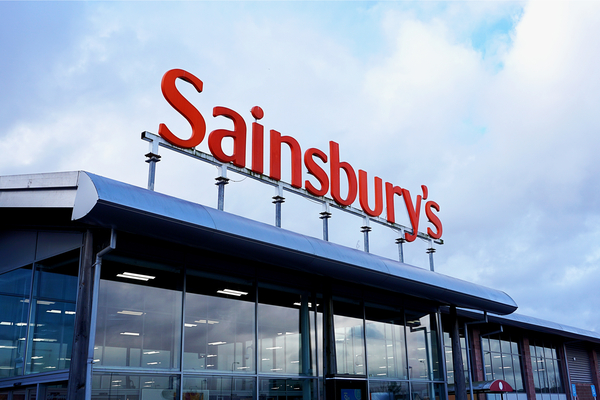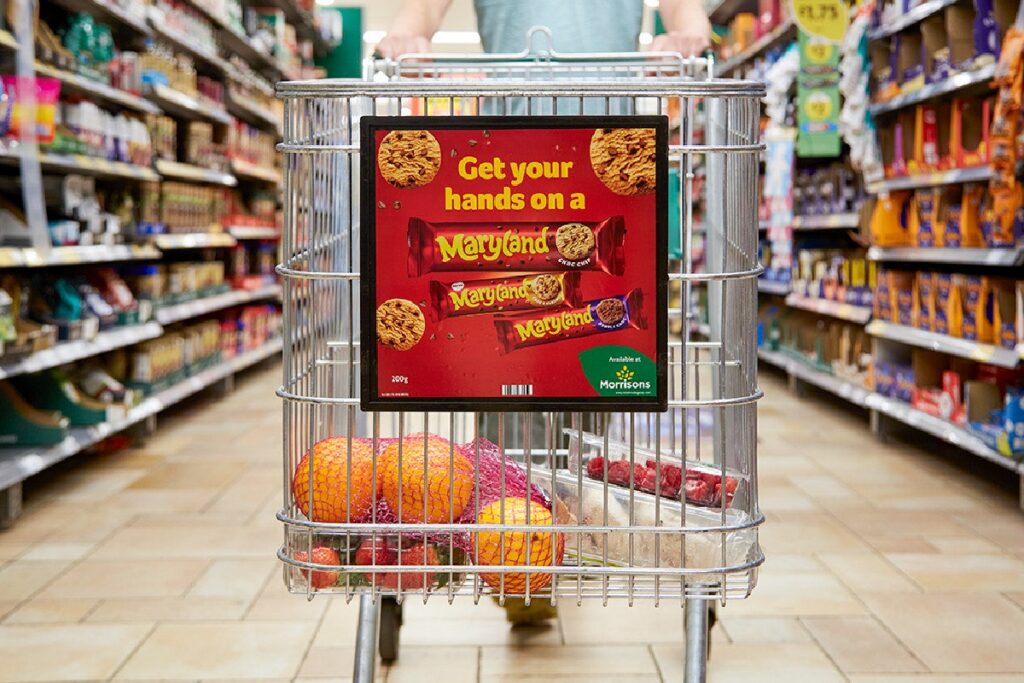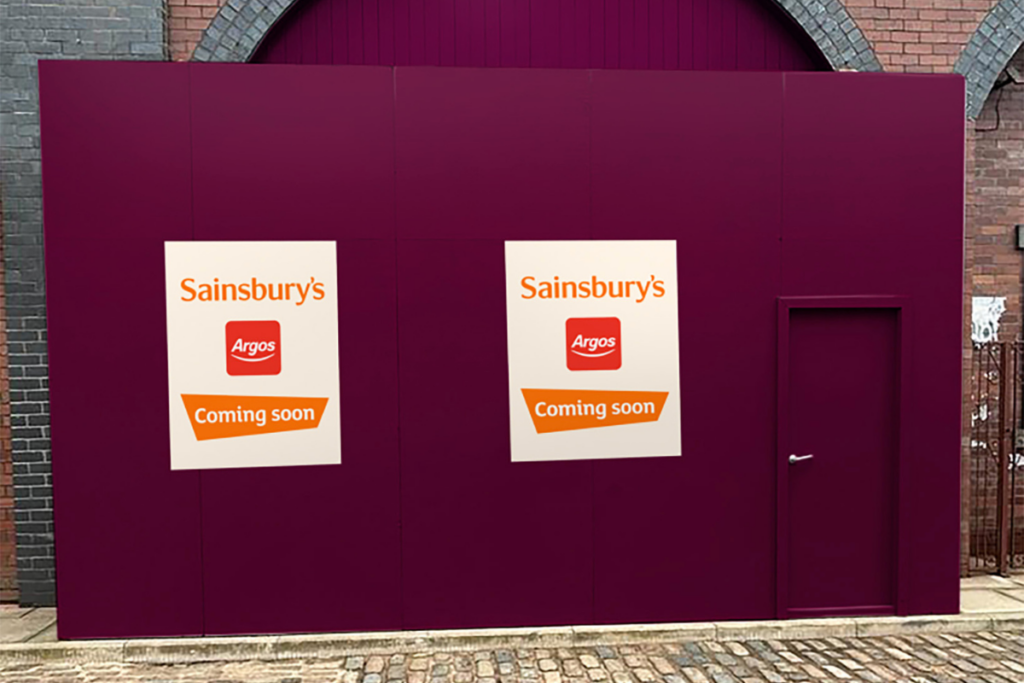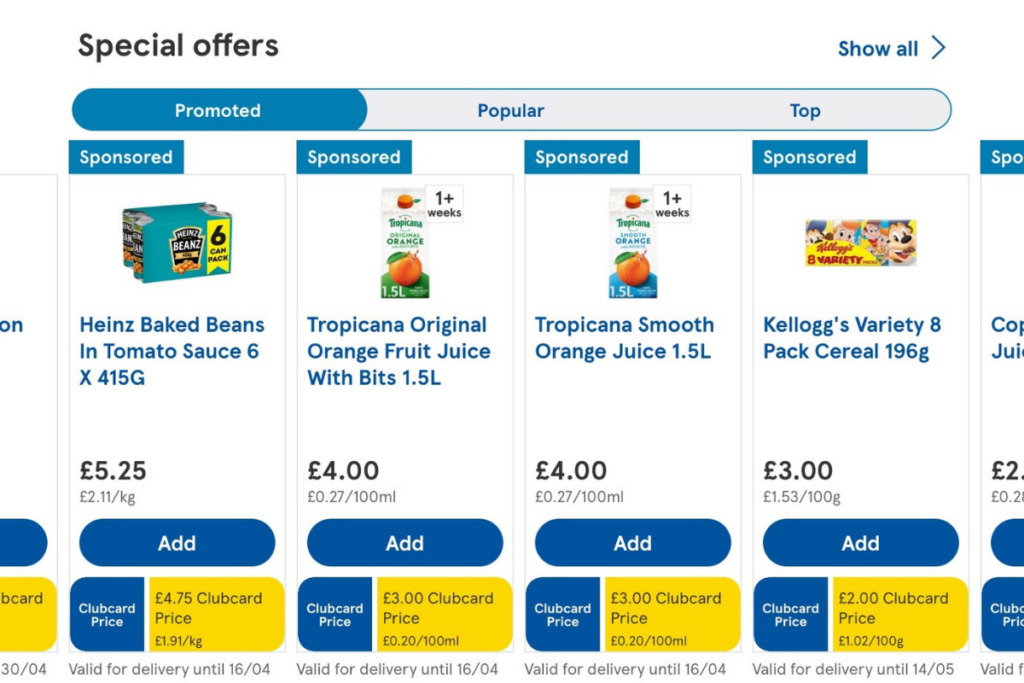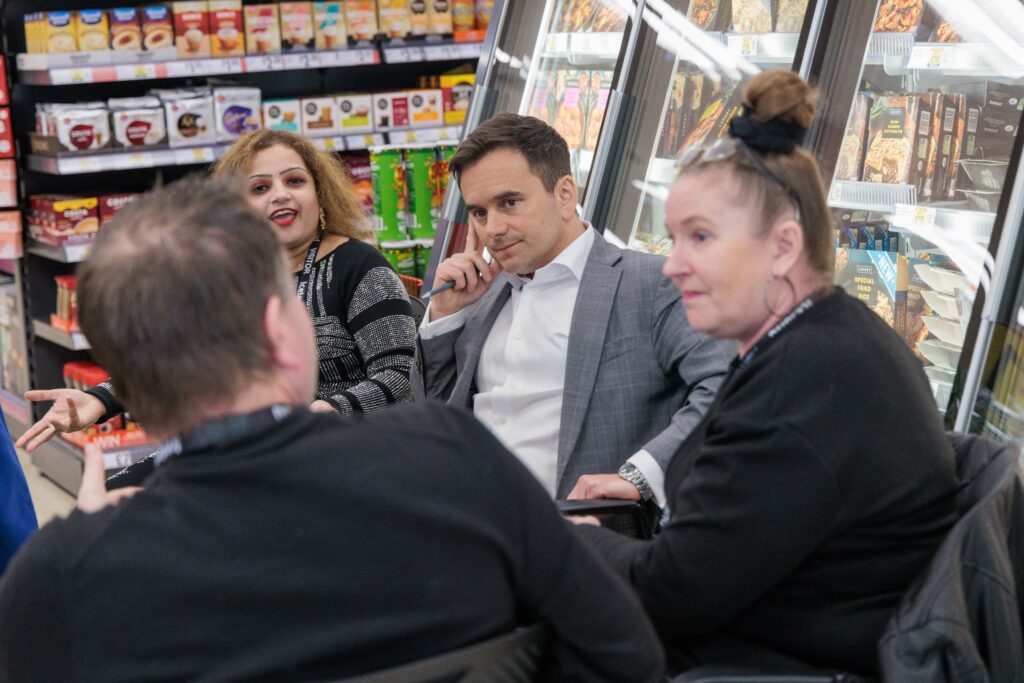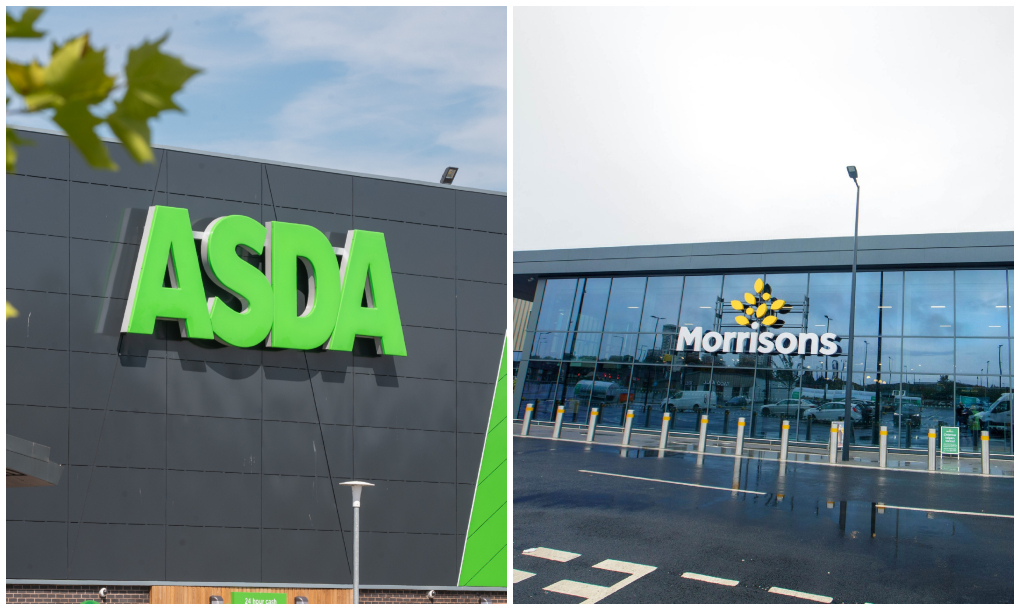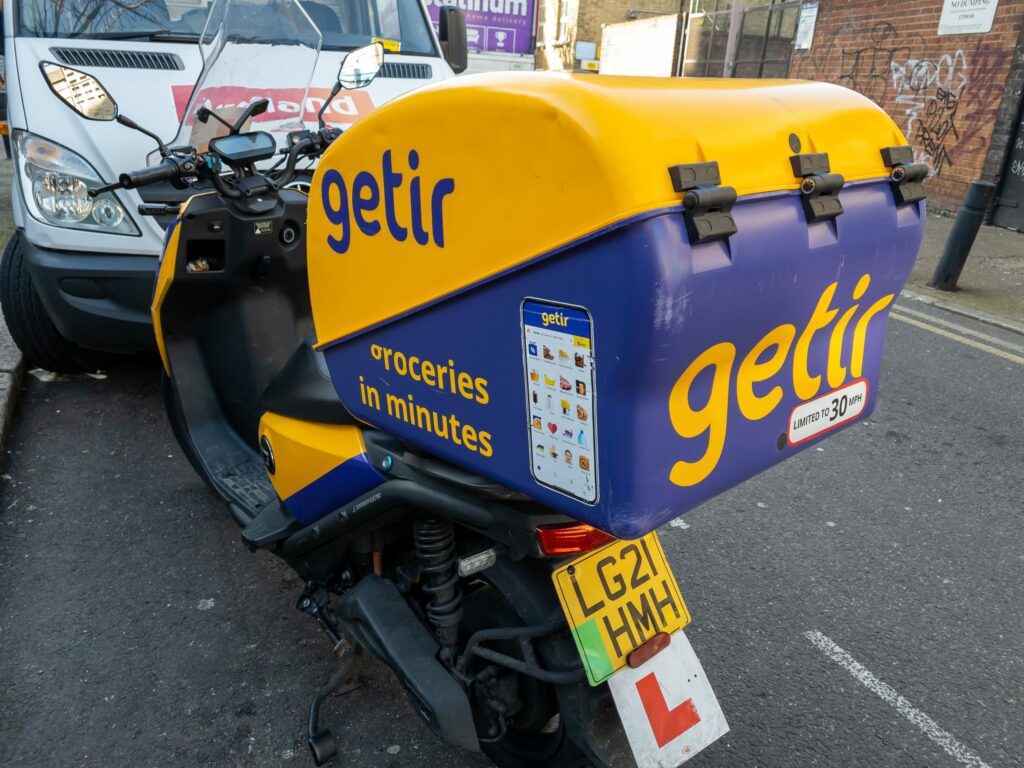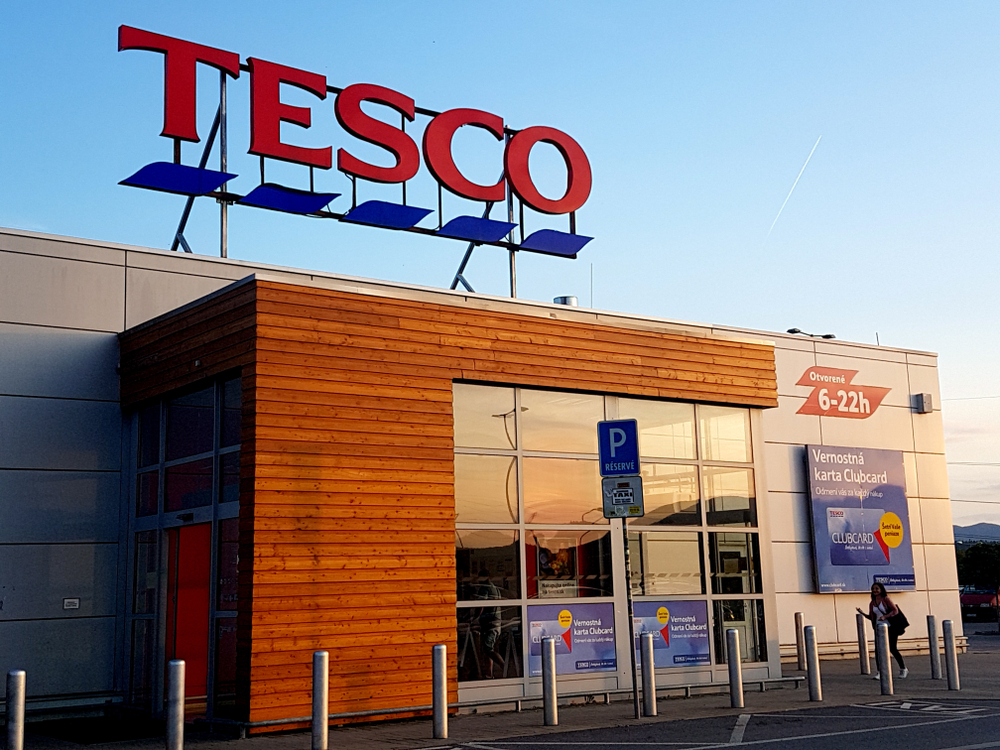// Around 3,500 Sainsbury’s colleagues could lose their roles
// Loss before tax came in at £137m in its interim trading update
// Total retail sales rose 7.1% for the half year
Sainsbury’s has announced it could cut around 3500 jobs from its workforce as it looks to make a raft of changes across its stores amid its latest trading update.
With newly installed chief executive Simon Roberts at the helm, Sainsbury’s said it would deliver a “step change in efficiency” though reductions in its operating cost base.
The supermarket said it would create a new supply chain and logistics operating model, moving to a single integrated supply chain and logistics network across Sainsbury’s and Argos.
The move is expected to reduce the grocer’s costs by £150 million by March 2024.
READ MORE: Sainsbury’s new CEO Simon Roberts plots sale of banking arm
Some 150 of Argos standalone stores will be moved in to Sainsbury’s, reducing the number of standalone Argos stores to 100 over the next three years.
This is set to bring a further saving in operations costs of £105 million by March 2024.
In total, the business said it would close around 420 Argos stores by March 2024.
Sainsbury’s will also close meat, fish and delicatessen counters to save at least £60 million in operating costs, as well as reducing food waste and energy consumption in stores.
The retailer said this would “better reflect customer demand and the way customers shop in our stores now and in the future”.
As part of the closures of its Argos stores and found counters, Sainsbury’s said it expects to cut around 3500 people from its workforce.
The retailer said it would “aim to find alternative roles for as many colleagues as possible”.
Since March, Sainsbury’s has hired an additional 29,000 colleagues to support its efforts to feed the nation, and it expects to increase its number of staff by 6000 by the end of the financial year.
Sainsbury’s added that it expected to close 15 to 20 supermarkets and 50 to 60 convenience stores in the next three years, with separate plans to open 100 convenience stores over the next three years.
“As we go into lockdown in England for the second time this year and restrictions are in place across the UK, we know our customers and colleagues are feeling anxious and we will do all we can to support them,” Roberts said.
“Covid-19 has accelerated a number of shifts in our industry. Investments over recent years in digital and technology have laid the foundations for us to flex and adapt quickly as customers needed to shop differently.
“Around 19 per cent of our sales were digital this time last year and nearly 40 per cent of our sales are digital today.
“While we are working hard to help feed the nation through the pandemic, we have also spent time thinking about how we deliver for our customers and our shareholders over the longer term.”
Elsewhere, Sainsbury’s said it would invest in Habitat, which will become its main home and furniture brand across the supermarket and Argos.
It will expand Habitat’s product range and reduce prices, with the view of growing its market share in the homeware sector.
“Over the next three years we will make Argos a simpler, more efficient and more profitable business while still offering customers great convenience and value and improving availability,” Roberts said.
“We will also make Habitat more widely available in Sainsbury’s and Argos, giving customers access to stylish home and furniture products at more affordable prices.”
The news comes as Sainsbury’s reported back on its interim results for the half year to September 19.
The Big 4 retailer said loss before tax came in at £137 million for the period.
Sainsbury’s said it had shouldered £438 million in one-off costs associated with the closure of its Argos stores, as well as what it described as other strategic and market changes.
The grocer achieved underlying profit before tax of £301 million for the half year, although it was also forced to spend around £290 million to protect customers and colleagues from Covid-19.
Sainsbury’s noted that these charges had been partially offset by £230 million business rates relief.
Total retail sales rose 7.1 per cent in the 28 weeks to September 19, with like for like sales up 6.9 per cent.
Grocery sales rose 8.2 per cent and general merchandise sales were up 7.4 per cent.
The retailer said its full year underlying profit before tax is now expected to be at least five per cent higher than last year, reflecting stronger than expected sales.
Stating an intent to “put food back at the heart of Sainsbury’s”, Roberts said the retailer was now focused on “accelerating our ambition to structurally reduce our cost base right across the business so we can invest faster back into our core food offer”.
The chief executive added he had informed the board that if a bonus was payable, he would waive his entitlement for the financial year.
“We are raising our ambitions. By delivering improvements in value and quality and simplifying this business, we will do a better job for our customers and deliver an improved financial performance and stronger shareholder returns,” Roberts said.
Click here to sign up to Retail Gazette‘s free daily email newsletter

